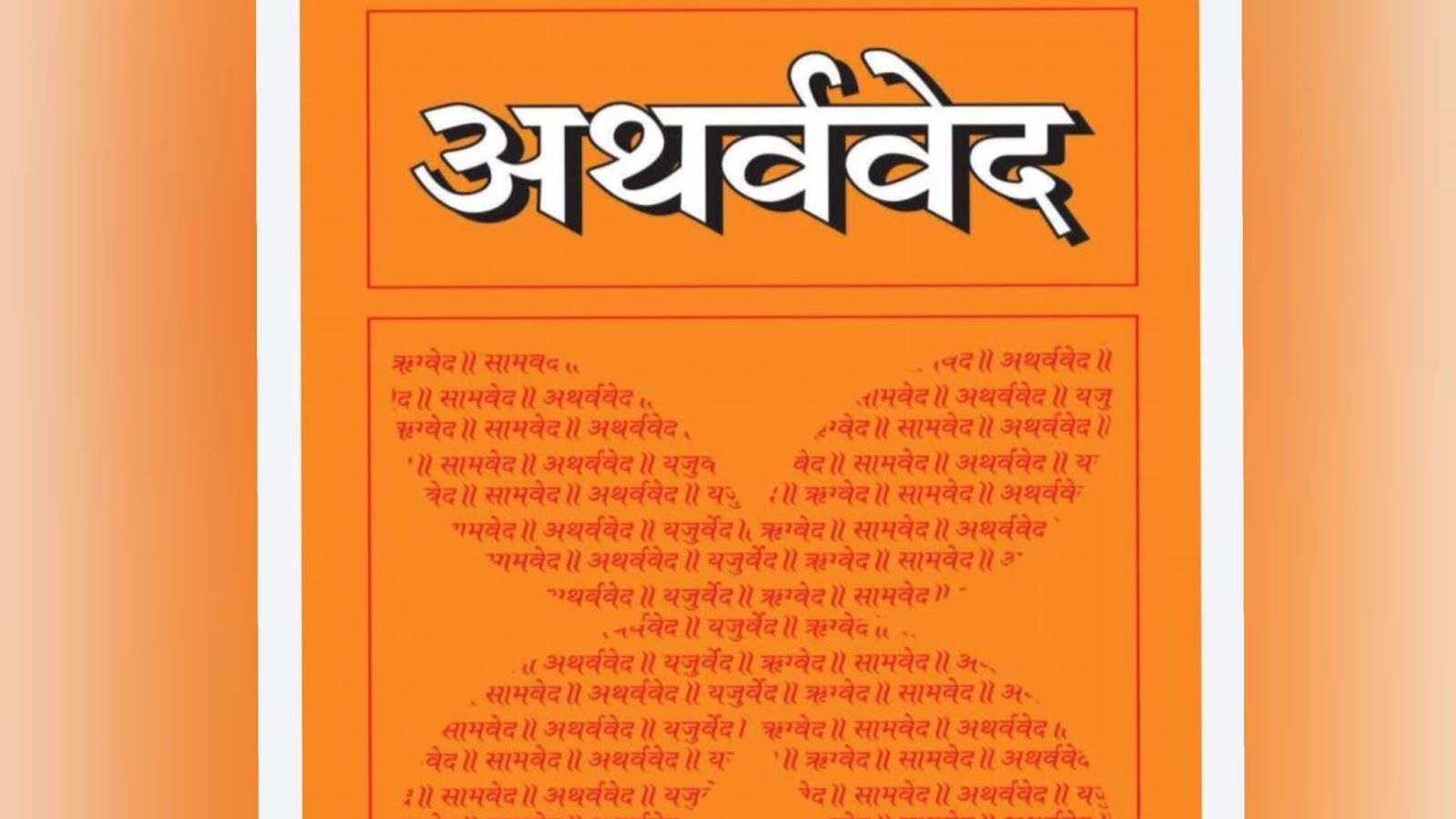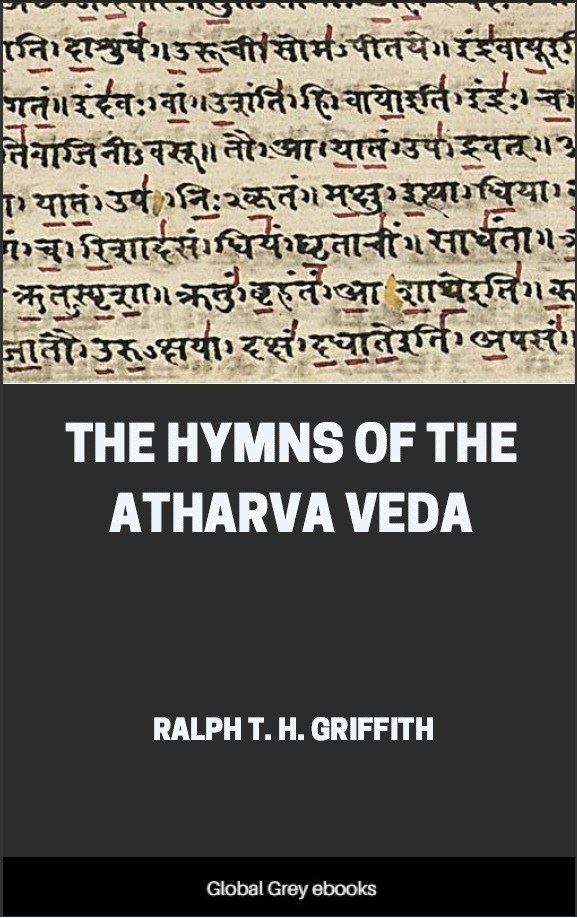

"Almost every hymn or division of a Veda is ascribed to various authors. Furthermore, the Vedas cannot be viewed as singular works by singular authors, but rather as compilations, assembled over a great and unknown period of time. Only the most learned of the Brahman Pundits can read the Vedas in their original. The Vedic writings are again divided into two great divisions, exoteric and esoteric, the former called the karma-kanda (the section of works) and the latter the jnana-kanda (section of wisdom)." (Encyclopedic Theosophical Glossary) The great antiquity of the Vedas is sufficiently proven by the fact that they are written in such an ancient form of Sanskrit, so different from the Sanskrit now used, that there is no other work like them in the literature of this "eldest sister" of all the known languages, as Prof. More or less closely connected with the Brahmanans (and in a few exceptional cases with the Mantra part) are two classes of treatises in prose and verse called Aranyaka and Upanishad. The Mantra or verse portion is considered more ancient than the prose works and the books in which the hymns are collected are called samhitas (collections).

The Mantra part is composed of suktas (hymns in verse) the Brahmana part consists of liturgical, ritualistic, exegetical, and mystic treatises in prose. The Vedas are divided into two parts, the Mantra and Brahmana. The complex nature of the Vedas and the array of texts associated with them may be briefly outlined as follows: "The Rig-Veda is the original work, the Yajur-Veda and Sama-Veda in their mantric portions are different arrangements of its hymns for special purposes. The Atharvaveda derives its name from the sage Atharvan, who is represented as a Prajapati, the edlest son of Brahma, and who is said to have been the first to institute the fire-sacrifices.

The name Rigveda signifies "Veda of verses," from rig, a spoken stanza Samaveda, the "Veda of chants," from saman, a song or chant Yajurveda, the "Veda of sacrificial formulas," from yajus, a sacrificial text. There were originally three Vedas-the Laws of Manu always speaks of the three, as do the oldest (Mukhya) Upanishads-but a later work called the Atharvaveda has been added to these, to now constitute the fourth. A single volume edition of all Vedas is also available: 978-1541294714 - From the foreword: The Vedas (from the root vid, "to know," or "divine knowledge") are the most ancient of all the Hindu scriptures. An index is provided at the close of each volume for all Sanskrit terms that were left untranslated. Each Veda has been proofed and all Sanskrit terms updated and synced between versions. The present volume is an unabridged edition of the Atharvaveda, part of a five volume set of the complete Veda Samhitas.


 0 kommentar(er)
0 kommentar(er)
